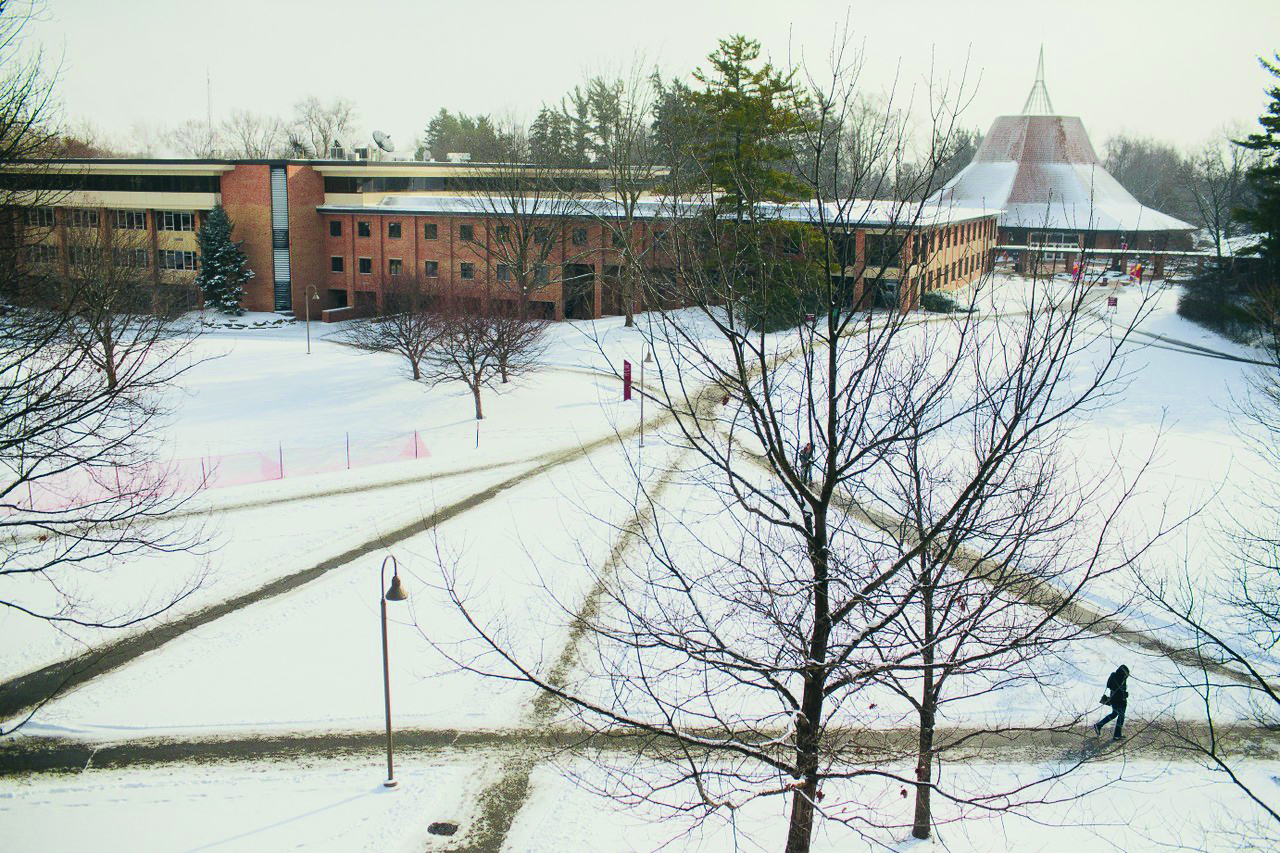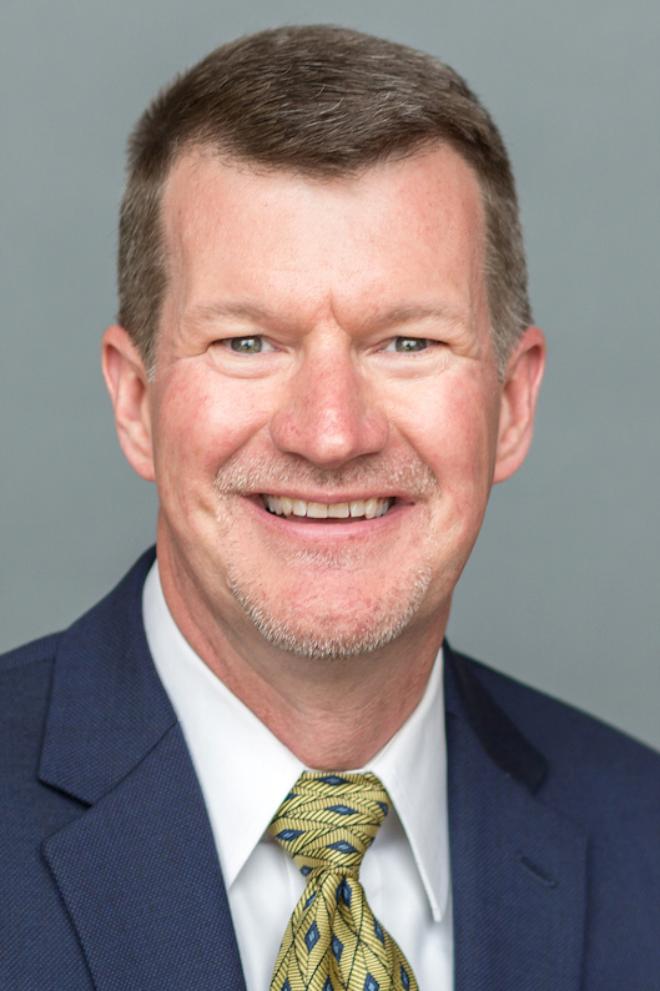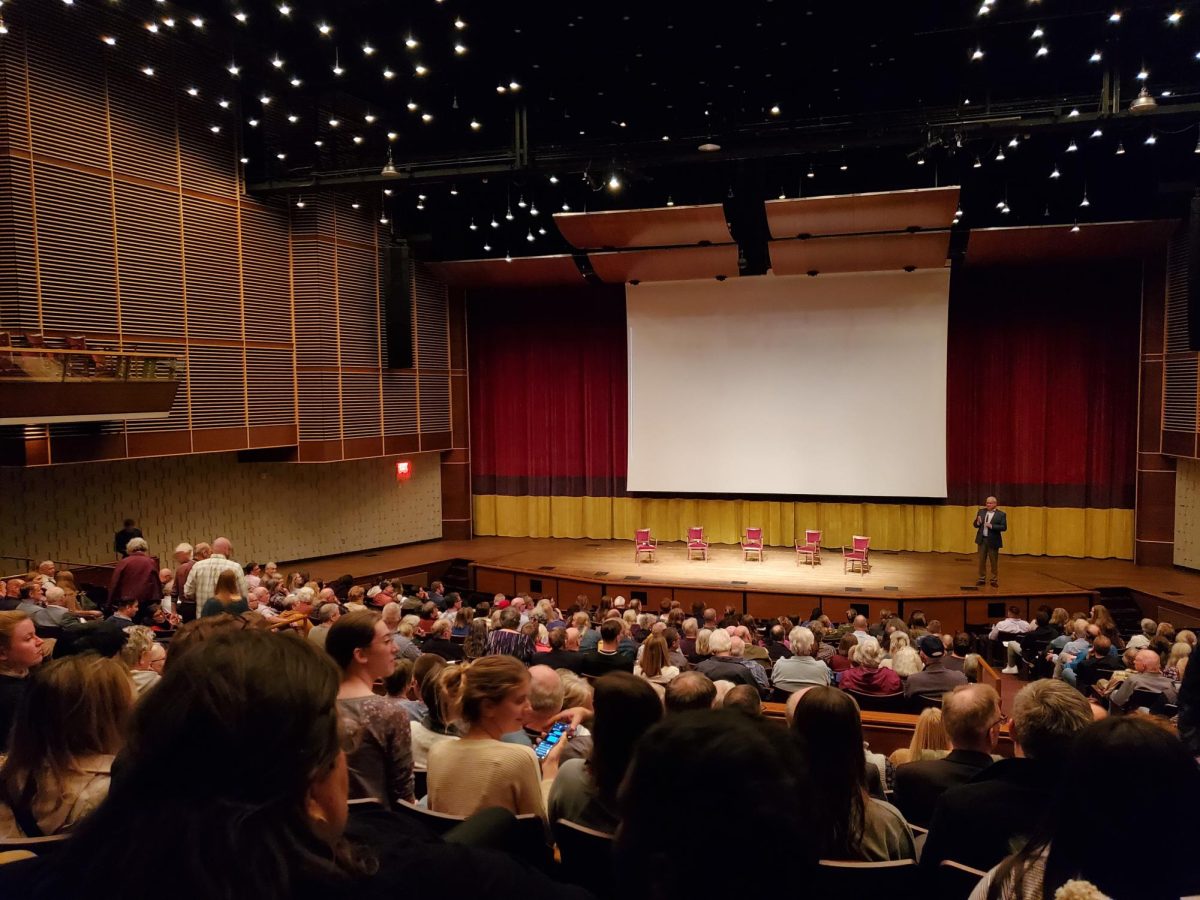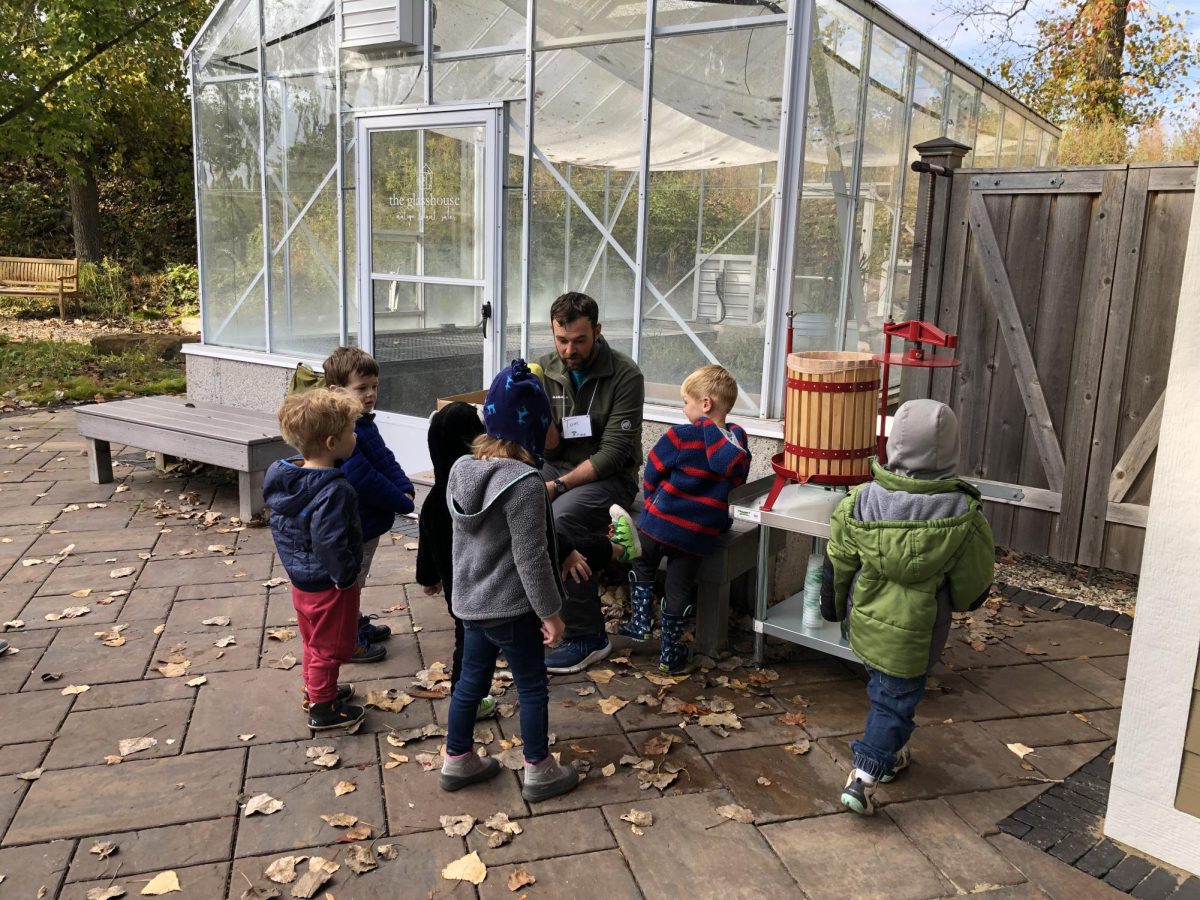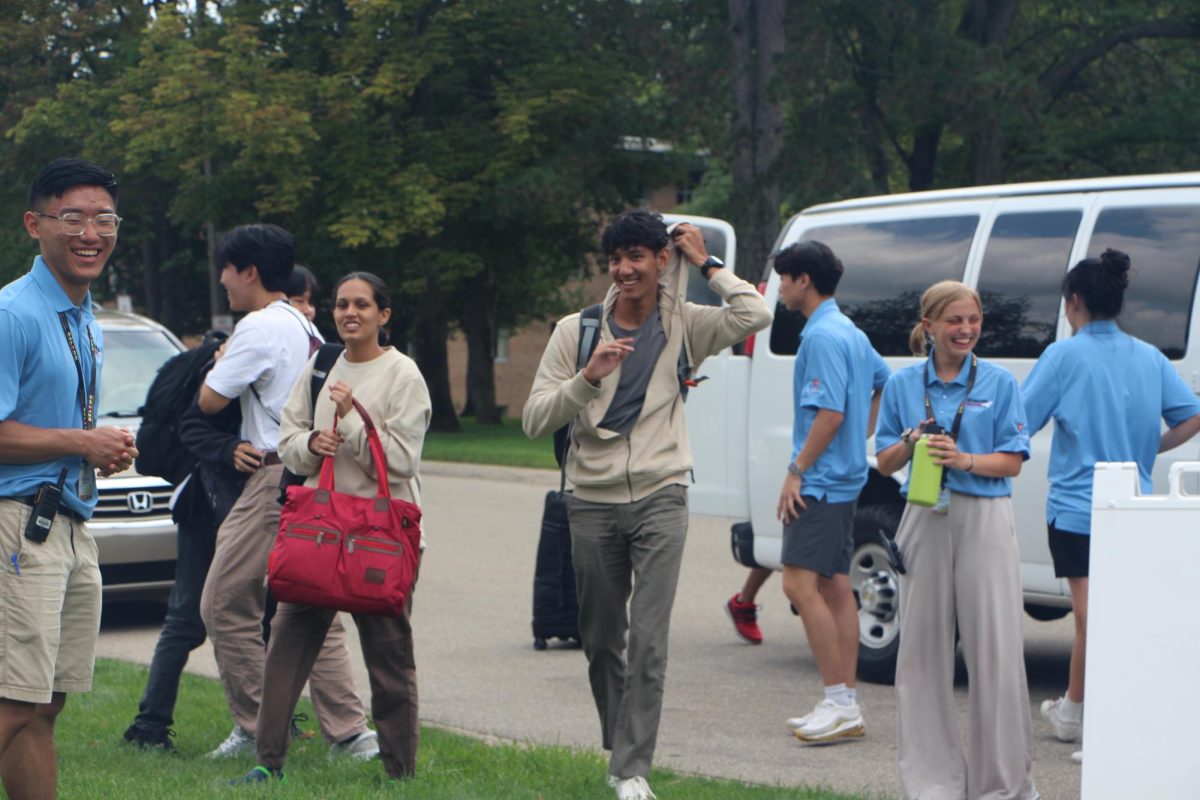As fall is just beginning to show its colors in the slow changing leaves, students are far from thinking of the cold winds of winter. Yet the time for planning for the upcoming semester is drawing nearer. Advising days are fast approaching, and along with that reality comes the need to pick out a new schedule of classes and choose an Interim course to take for the month of January, when the winter season will be well upon us. It might help some students to get a sort of sneak peak into some of the possibilities of the approaching Interim. Professor Donald Hettinga’s journalism class recently completed an assignment involving the description of an Interim opportunity for this coming month of January. We’re printing these brief stories in Chimes to give students an idea of what they have the opportunity to take this year.
Crime and Detective Fiction
By Dena De Kryger
Entertain your inner sleuth and travel back to the authors that began the sensation that is the “Crime and Detective Fiction” Interim course.
In “Crime and Detective Fiction,” you can join Garth Pauley from the communication arts and sciences department in the exploration of crime investigation before the genre appeared on every television channel. The course covers the development and evolution of the genre, including works from Edgar Allen Poe, Arthur Conan Doyle and other classic American, British and Scandinavian authors.
“I loved being exposed to different authors from all over the world,” said senior Kellee Dragt. “Each author and book brought a whole new perspective to ‘Crime and Detective Fiction.’”
Learning about the development of the crime investigation and detective genre would not be complete without a bit of cinematography. Many TV shows glorify both sides of sleuthing, creatively portraying a different perspective on crime. Dr. Pauley shares TV shows such as the BBC’s “Sherlock” to approach crime and detective fiction from all angles.
DCM: Understanding Japanese Mindset
By Saraphina Sefcik
Have you ever wanted to travel halfway around the world without leaving your seat? Well, your hope can come true this January in the Interim course “DCM: Understanding Japanese Mindset.”
In this DCM course, students survey the Japanese culture by paying close attention to the values and principles that make up the Japanese mindset. Students will begin to learn and understand how the various Japanese religious beliefs and rituals are integrated into everyday Japanese life.
Japanese language professor Kaori D. Schau will challenge students to compare their faith to the Japanese faith in order to learn more about themselves.
“My hope is that students will reflect deeply about what they believe,” said Schau.
Through reading, video clips and group discussion, students will the opportunity to reflect and grow in their faith.
Embracing other cultures encourages students to “appreciate the world God made” in other ways beside our own views, said senior Jeiel M. Burrell, a Japanese major.
Moral Complicity in Film
By Brandon Schreur
Students with an interest in film that extends past Hollywood blockbusters, who are looking to discern culture thoroughly and want to apply their philosophical knowledge to the outside world will be given the opportunity to do so this January in the Interim class “Moral Complicity in Film.”
The class, taught by philosophy professor Gregory Mellema, is ideal for students with a passion in either, or both, philosophy and film. Each session includes a philosophy-based lecture, which is a film screening that gives students a chance to apply their recently acquired knowledge and a chance to discuss the film.
“As someone who enjoys watching films that approach moral dilemmas, this class gave me new tools on how to examine film even more intellectually,” said Chris Greaves, a former student of the class.
Last year students watched films such as “Double Jeopardy,” “The Big Kahuna” and “The Shawshank Redemption.”
“People should take this course since there’s such a variety of messages to be explored in film,” said former cultural discerner Donny Koop. “It’s important to dig deep and see films in different lights. That leaves a lot of philosophy to be explored.”
Entrepreneurship in the Creative Arts
By James Westenbroek
Students nearing graduation often face the uncertainty of what the next chapter of their lives will entail. Stepping off of the graduation stage and into a career is a daunting task for almost everyone, but especially for students focused on the arts.
“Entrepreneurship in the Creative Arts” is an Interim course designed to help students think about the decisions that lay ahead of them. Students tour local creative art institutions, engage with guest speakers, learn ways to find employment in the arts and more.
“You have to think about what the customer wants, and you have to do what the customer wants” said one of the course’s professors, Jill Risner. “But as an artist, you want to do what you want to do, to be true to your art. It’s a really difficult thing to solve.”
“The ideal student is a junior,” said Risner, and while most seniors don’t take an Interim, “a senior would be good too.”
Risner is a professor of business at Calvin. She has taught the course for the past two years with Sam Smartt, a professor of communication arts and sciences. The course will be available to students again in 2018.
Interim in Mexico
By Katie Boender
Students who have a passion for the Spanish language and are ready to have their boundaries pushed should consider taking “Spanish in the Yucatan” for Interim 2017.
During this Interim abroad, students live with Mexican host families, may only speak in Spanish, and go on excursions to several ancient ruins, beaches and museums.
This Interim is required for Spanish minors who do not take a semester abroad. However, Sarah Hoff, a participant in this Interim in 2016, said this trip is much more than just a requirement.
Besides simply loving Mexico, Hoff said that between the culture, excursions and host family, this trip was an amazing experience.
Would Hoff recommend this Interim? Absolutely. She recommends this Interim because you get to meet and become close to a host family and experience a different culture, which was incredible but also challenging. “You have to deal with things that don’t go your way,” she said, “so it’s good character building.”
Spiritual Strength Training
By Sadie Burgher
This January, students have an opportunity to experience transformation and deeper intimacy with God in “Spiritual Strength Training,” a course designed to tune students’ hearts to the guidance of the Holy Spirit through extensive prayer, mentorship and discovering their spiritual gifts.
The course is “intensely spiritual and intensely academic,” said senior Luke Harkema, who took it in 2015. “It made me struggle, it made cry out to God. Intellectually, I gained knowledge of the working of the Spirit in the modern era and spiritually, became more accepting and receptive of the miraculous works of God.”
An unusual key to the course’s success is the force of 20-30 volunteers from a local branch of the Dunamis Project, a ministry that seeks to teach people how to “live into God’s wholeness for our lives and be empowered by the Holy Spirit,” said Harkema. Volunteers serve as mentors for small prayer and process groups of 4-5 students; they also pray without ceasing through the duration of every class period for students to truly encounter the power of the Holy Spirit.
“For some students,” Harkema said, “this course changed their lives.”
DCM: Local Foods
By Kayleigh Fongers
Students with an appetite for learning about local foods should consider taking the “DCM: Local Foods” course this Interim.
In this class, students will learn to explore the lifestyle and environmental implications of the standard American diet and contrast this with healthier local options.
Activities such as field trips, films and hands-on activities will keep students engaged and enable them to learn about how Michigan is striving to become more self-sufficient with food.
Kylee Smith, a previous student of the course, said she enjoyed the class because it taught her to view her perception of food in a more insightful way through experiences beyond the classroom.
“I enjoyed this class because we went on so many field trips, such as visiting farms,” Smith said. “It was cool to learn about local foods outside of the classroom.”
Smith said she would “definitely take this class again” if she could and recommends it to any student who may be interested.
DCM: Jewish Thought and Culture
By Kelsey Powers
If you’re interested in Judaism and its rich history and cultural contributions, you should consider the DCM class “Jewish Thought and Culture,” taught by philosophy professor David Billings.
In this class, students will not only learn about Judaism, but also how Jewish thinkers have contributed to things such as philosophy or culture, as well as how the Jewish conceptualization of God differs from the Protestant/Reformed conceptualization.
There will be readings from different Jewish philosophers and Rabbis, documentaries — one student recalls one that stuck in his mind about a couch being passed from one generation to the next — and from the book “The Forgotten” by Holocaust survivor and Nobel Laureate Elie Wiesel, in addition to the usual readings for all DCM classes. Junior Josh Parks, who took it his first year, recommends the class “if you’re prepared for the amount of work.” He enjoyed it and learned a lot, but found it to be more work than the classes his friends were taking.
If a challenge, a learning experience or Judaism catches your eye, this may be a class for you.



